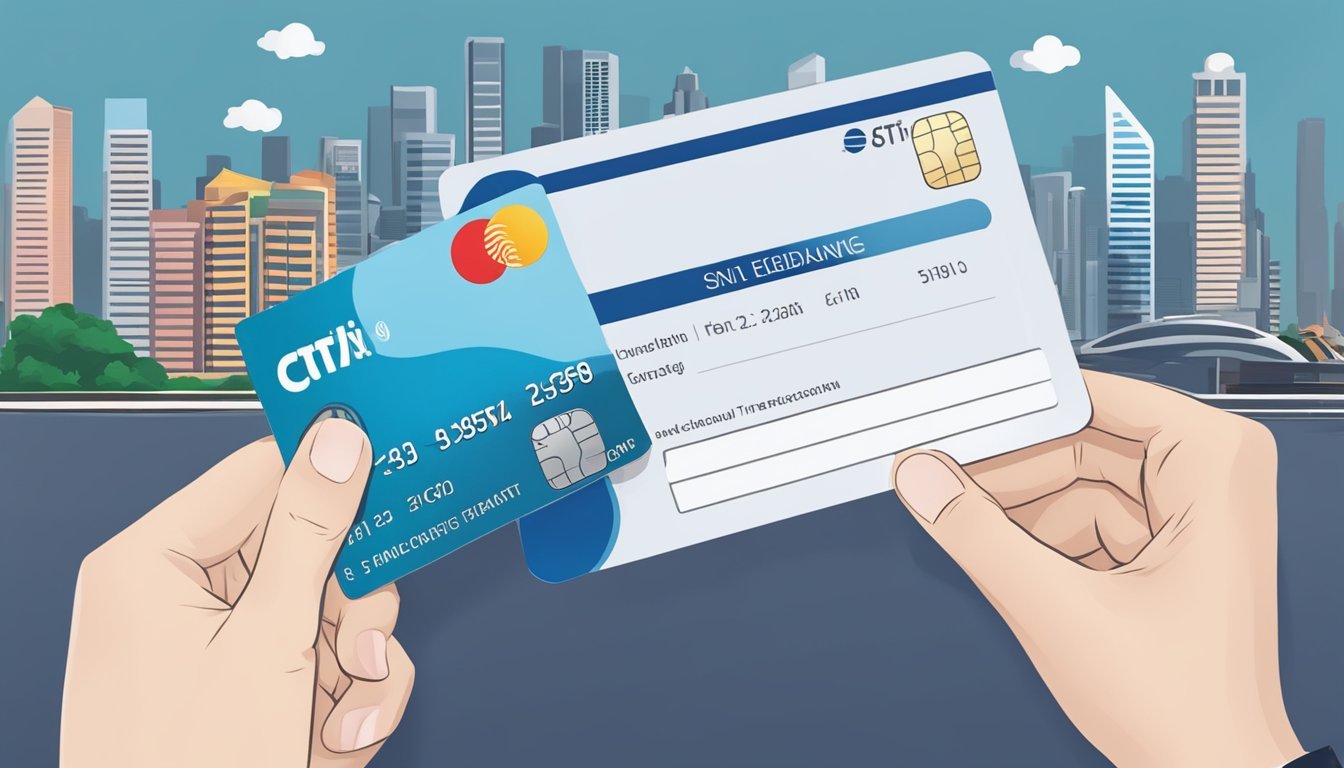Yes, you can transfer a Chase credit card balance to a Citi credit card. This process is known as a balance transfer. It’s a common strategy to manage debt by taking advantage of lower interest rates offered by some credit cards.
Understanding Balance Transfers
A balance transfer involves moving an outstanding balance from one credit card to another. The primary reason people opt for this is to secure a lower interest rate. If your Chase credit card has a high interest rate, transferring the balance to a Citi card with a promotional 0% APR can save you significant money on interest charges visit Chase credit card website chase.com/activate.
How to Transfer a Balance from Chase to Citi
- Check Citi’s Balance Transfer Offers: Citi often provides balance transfer offers with introductory 0% APR periods. Compare these offers to determine the best fit for your needs.
- Apply for a Citi Credit Card: If you don’t already have a Citi card, you may need to apply and be approved.
- Initiate the Transfer: Once you have a Citi card with a balance transfer offer, you can typically initiate the transfer online, through the Citi mobile app, or by contacting customer service. You’ll need to provide the Chase credit card account information.
- Timeframe: The balance transfer process usually takes a few weeks to complete. During this time, continue making payments on your Chase card to avoid late fees and negative impacts on your credit score.
Important Considerations
- Balance Transfer Fees: Be aware of balance transfer fees. While a lower interest rate can save you money, the fee can offset some of those savings. Compare the overall cost of the transfer to the potential interest savings.
- Introductory APR Period: Remember that the 0% APR period is usually temporary. After the promotional period ends, a standard interest rate will apply. Make a plan to pay off the balance before the end of the introductory period to avoid high-interest charges.
- Credit Score Impact: While balance transfers generally don’t negatively impact your credit score, using credit cards responsibly is essential for maintaining a good credit history.
- Minimum Payments: Continue making minimum payments on your Chase card until the balance is transferred to avoid late fees and negative credit reporting.
- Terms and Conditions: Carefully review the terms and conditions of the Citi balance transfer offer to understand the specific details, including the introductory APR period, balance transfer fee, and any other relevant information go to Citi credit card website citi.com/activate.
Alternatives to Balance Transfers
- Debt Consolidation Loan: If you have multiple high-interest debts, a consolidation loan might be an option. It combines all your debts into a single loan with a potentially lower interest rate.
- Debt Management Plan: A credit counseling agency can help you create a debt management plan to manage your debt and make affordable payments.
Conclusion
By carefully considering your options and understanding the details of balance transfers, you can make informed decisions about managing your credit card debt effectively.
FAQs
Can I transfer a Chase credit card balance to a Citi credit card?
Yes, you can transfer a balance from your Chase credit card to a Citi credit card. This is known as a balance transfer.
What are the benefits of a balance transfer?
The primary benefit is often a lower interest rate. Many Citi credit cards offer introductory 0% APR periods, which can save you money on interest charges compared to a higher-interest Chase card.
How long does a balance transfer typically take?
It usually takes a few weeks for the balance transfer to be completed.




